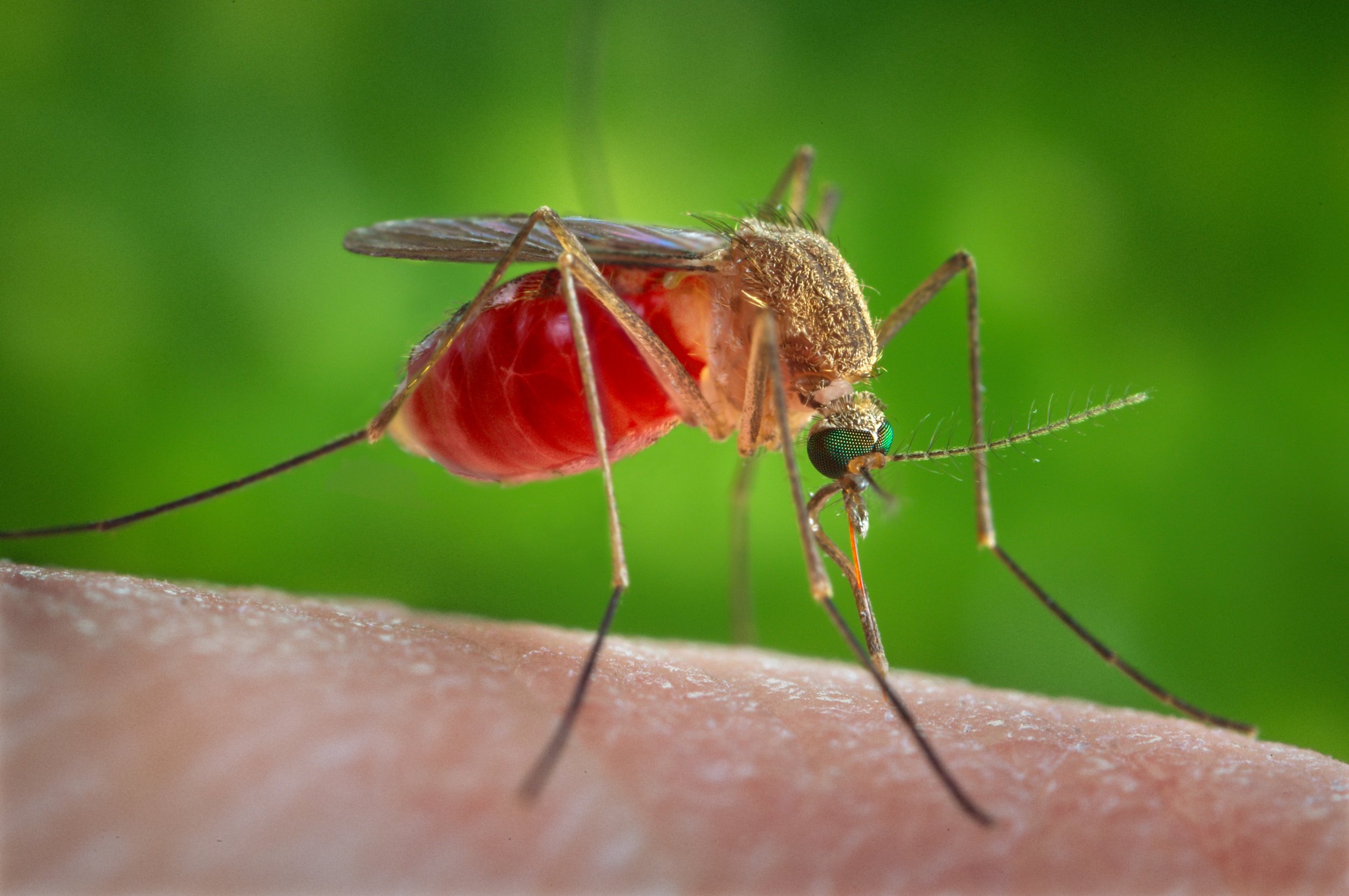
A drug used for several decades to treat tropical diseases could also be effective for preventing the transmission of malaria, according to new research.
Ivermectin is used to kill the parasites that cause river blindness and elephantiasis; the drug is also effective on intestinal worms. Now ivermectin could be the answer to the growing problem of resistance to antimalarials that are currently used throughout the world to control the mosquito-borne illness.
A few weeks ago, William C. Campbell and Satoshi Omura, the scientists who developed ivermectin, won a Nobel Prize for the research that led to development of the drug, which has vastly reduced transmission of parasitic tropical diseases. Youyou Tu, the other winner this year, is credited with discovering artemisinin, a drug that has become a mainstay in the fight against malaria but has become less effective due to a growing resistance.
Researchers at Colorado State University and the Institut de Recherche en Sciences de la Santé are now in the midst of a clinical trial in Burkina Faso with the goal of testing whether ivermectin can help prevent malaria from spreading. The researchers recently presented their preliminary findings at the annual meeting of the American Society of Tropical Medicine and Hygiene.
Brian Foy, associate professor of microbiology at the University of Colorado, and his fellow researchers have found that administering the drug to a community's adult population can reduce rates of childhood malaria by 16 percent. The researchers implemented the plan in four villages in Burkina Faso, where for the last four months, a majority of adults have received a single dose of the drug every three weeks during the rainy season when transmission peaks.
"Any mosquito that ingests your blood that has ivermectin should die or at least be poisoned," says Foy. "It's a prophylactic drug for the community."
Ivermectin, which was initially developed to control parasites in livestock, would be an ideal treatment for malaria since it's already provided to communities where other parasitic infections are rampant. Over the last three decades public health officials have administered 1 billion doses of the drug in Africa and Latin America.
It also has the potential to stymie the rapid spread of antimalarial drug resistance. According to the World Health Organization, resistance to antimalarials has been reported in three of the five parasites known to cause the disease. The problem can often lead to cross-resistance, in which the parasites develop resistance to more than one drug that's part of the same family of chemical compounds. When resistance to these drugs develops, the resistant parasite isn't completely cleared from a person's system. Combining antimalarials with a drug to interrupt transmission—such as ivermectin—could help minimize the spread of drug-resistant parasites.
According to WHO, about 3.2 billion—nearly half the world's population—are at risk for malaria. In 2013, there were approximately 198 million cases of malaria and approximately 584,000 deaths.
Uncommon Knowledge
Newsweek is committed to challenging conventional wisdom and finding connections in the search for common ground.
Newsweek is committed to challenging conventional wisdom and finding connections in the search for common ground.
About the writer
Jessica Firger is a staff writer at Newsweek, where she covers all things health. She previously worked as a health editor ... Read more
To read how Newsweek uses AI as a newsroom tool, Click here.








